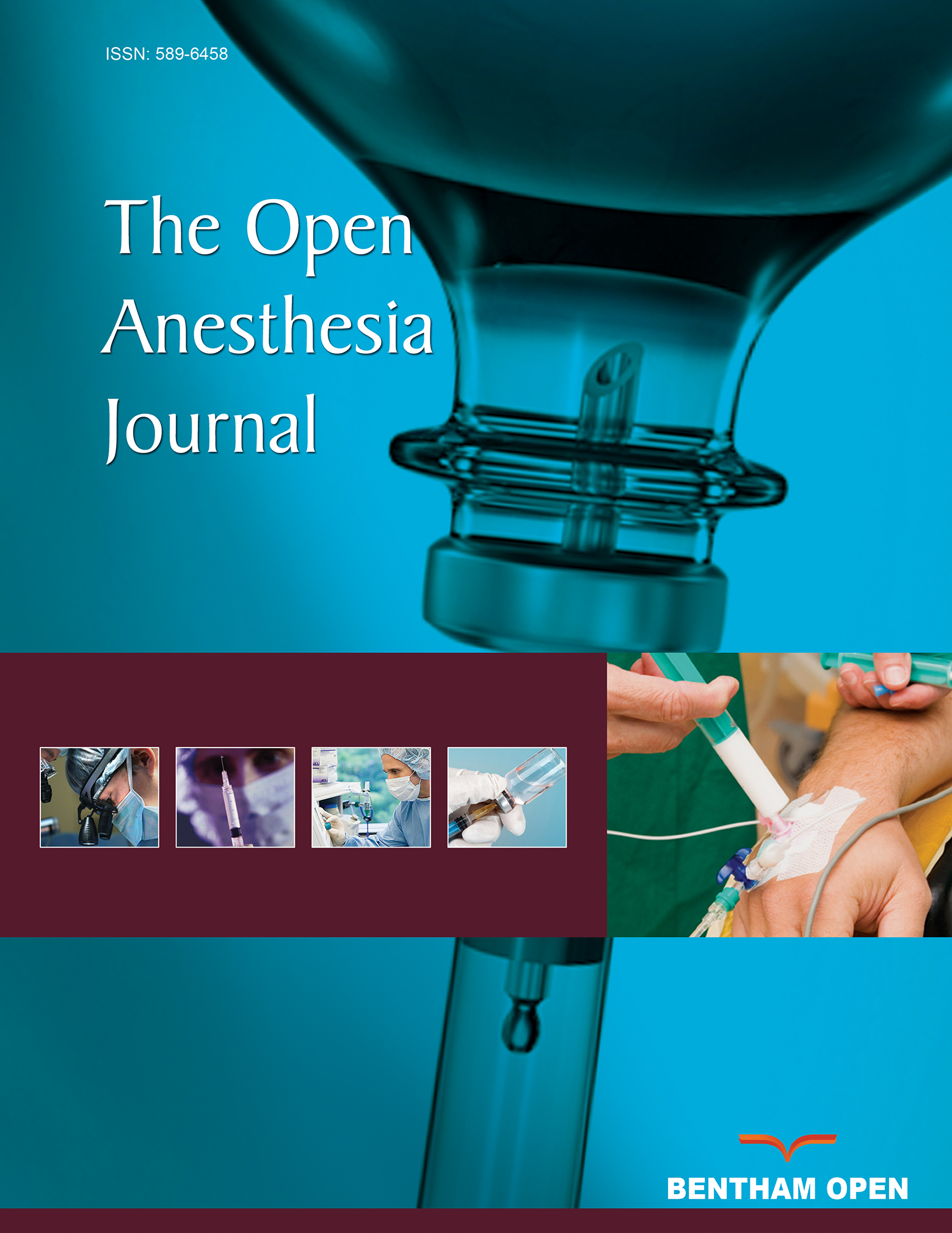Anesthesia for Shoulder Surgery: A Review of the Interscalene Block and a Discussion of Regional vs. General Anesthesia
Abstract
A review of the literature regarding anesthesia for shoulder surgery was performed. Current anesthetic tech-niques available include regional, general, or a combination of regional and general. We discuss each of these techniques, with an emphasis on regional (specifically interscalene block), in detail. Current evidence supports both regional and gen-eral anesthesia to be safe and efficient techniques. The interscalene block is considered by most to provide the best surgi-cal anesthesia and is the most commonly performed block for shoulder surgery. This paper aims to review the perform-ance of the interscalene block and to discuss alternative choices for shoulder surgery, namely general anesthesia and a combined general/regional technique. We also aim to provide considerations to aid in the performance of a safely admin-istered anesthetic.


